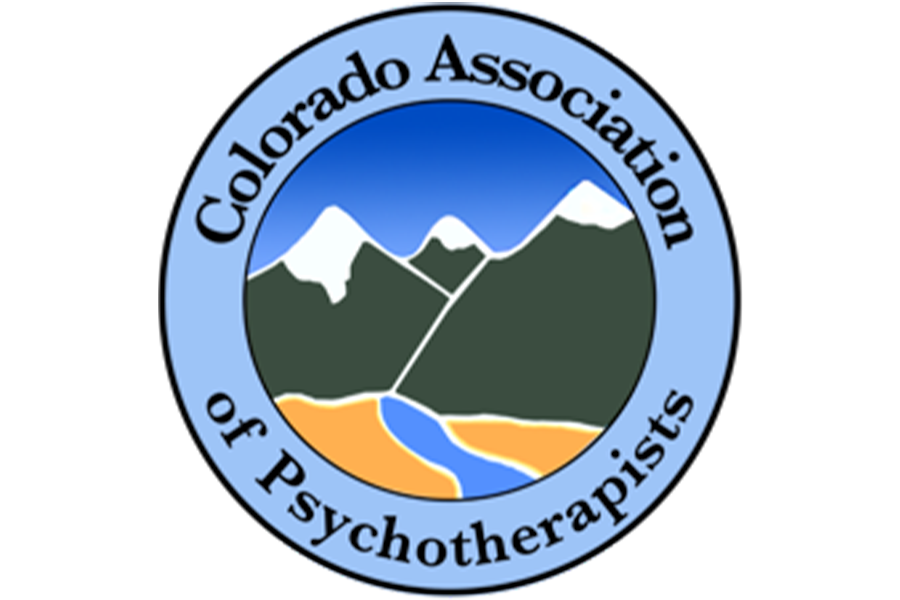Are you trapped in a cycle of unhappy and unfulfilling relationships? Do you find yourself repeatedly drawn to the wrong partner, leaving you drained and disheartened? You’re not alone in experiencing the frustration of bad relationships, but there is hope. Relationship therapy, distinct from couples counseling, offers a transformative journey of self-discovery and healing by breaking past patterns that sabotage your happiness. The beauty of this process is that you don’t need to be in a relationship or bring your partner along to benefit from it.
In this post, we’ll explore the signs of a bad relationship, delve into the causes of this cycle, and shed light on how therapy can help you break free and build healthier, more fulfilling connections.
Signs of a Bad Relationship
To break the cycle of bad relationships, it’s crucial to identify what constitutes an unhealthy partnership. Here are some common signs to watch out for:
1. Excessive Responsibility: You feel solely responsible for your partner’s happiness, sacrificing your own well-being.
2. Constant Doubt: You frequently question whether you’re in the right relationship, plagued by uncertainty.
3. Abuse and Neglect: Signs of emotional, verbal, or physical abuse, as well as neglect, are present in the relationship.
4. Turning Away: Instead of seeking comfort in each other during difficult times, you turn away, creating emotional distance.
5. Lack of Trust: Trust issues mar the relationship, leading to jealousy, suspicion, or insecurity.
6. Score-Keeping: You keep a tally of each other’s wrongdoings, fostering resentment.
7. Poor Conflict Management: Effective conflict resolution is absent, resulting in unresolved issues and pent-up frustration.
8. Lack of Autonomy: Your partner restricts your personal space and freedom, making you feel suffocated or you fear engaging in an activity without your partner.
These signs can vary from person to person, but if you recognize any of these dynamics in your relationship, it may be time to consider relationship counseling.
Understanding the Root Causes
To break free from the cycle of bad relationships, it’s essential to understand how these patterns originate. Several factors contribute to this frustrating cycle:
1. Societal Pressure: Modern society often emphasizes the importance of settling down in relationships and marriages. Many people lower their standards in pursuit of convenience rather than seeking genuine compatibility.
2. Repetition of History: We tend to repeat the relationship patterns we observed in our formative years. If you grew up in an environment with constant conflict, you may assume that such dynamics are normal.
3. Lack of Role Models: Some individuals lack positive role models for healthy relationships due to parents’ divorce or emotional unavailability. This absence of guidance can leave you feeling ill-equipped to navigate relationships effectively.
How Therapy Can Help
Don’t let the stigma surrounding counseling deter you from seeking the help you deserve. Relationship therapy can set you on a path to discovering what a truly happy and healthy partnership looks like. Here’s how therapy can support you in breaking free from the cycle of bad relationships:
1. Self-Discovery: Relationship therapy begins with getting to know yourself. Self-exploration is a critical component of fostering healthy relationships. By learning to love and appreciate yourself, you lay a strong foundation for a fulfilling life. This process helps you understand your values, beliefs, likes, and dislikes, enabling you to seek a partner who aligns with your true self.
2. Identifying Patterns: Therapy helps uncover patterns in your past relationships. By recognizing similarities in the partners you’ve chosen, you gain insight into why these relationships have caused suffering. This newfound awareness empowers you to make healthier choices in your future relationships.
3. Empowerment: As you embark on this journey of self-love, you’ll develop inner strength and confidence. These qualities empower you to make conscious, self-affirming decisions that lead to the loving and lasting relationship you desire.
Conclusion
Breaking free from the cycle of unhealthy relationships is a transformative journey of self-discovery and healing. Relationship therapy can guide you toward building healthier connections based on self-love and empowerment. If you’ve experienced the frustration of bad relationships, take the first step towards change by considering relationship counseling. You deserve the love and happiness that enduring relationships can bring. Reach out for a free consultation with me and embark on a path to lasting fulfillment and healthier connections.




0 Comments